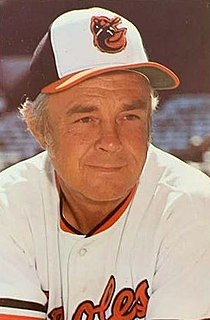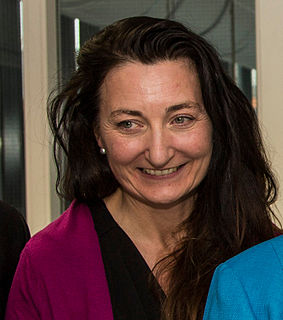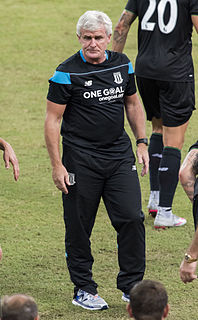A Quote by Earl Weaver
I never got many questions about my managing. I tried to get twenty-five guys who didn't ask questions.
Related Quotes
Every night I get many letters, and after every talk I get many questions from people who say, "I want to change things. What can I do?" I never hear these questions from peasants in southern Colombia or Kurds in southeastern Turkey under miserable repression or anybody who is suffering. They don't ask what they can do; they tell you what they're doing.
If you don't understand, ask questions. If you're uncomfortable about asking questions, say you are uncomfortable about asking questions and then ask anyway. It's easy to tell when a question is coming from a good place. Then listen some more. Sometimes people just want to feel heard. Here's to possibilities of friendship and connection and understanding.
Many of the questions we ask God can't be answered directly, not because God doesn't know the answers but because our questions don't make sense. As C.S. Lewis once pointed out, many of our questions are, from God's point of view, rather like someone asking, "Is yellow square or round?" or "How many hours are there is a mile?






































